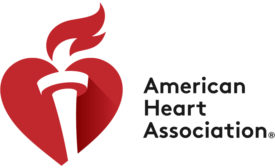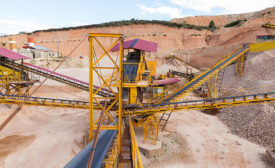Home » Keywords: » federal regulations
Items Tagged with 'federal regulations'
ARTICLES
Nebraska Congressman honored for OSH efforts
His leadership has a "bipartisan spirit"
March 6, 2019
Marijuana, opioids and cancer:
Issues that may impact the workers comp system
October 9, 2018
Become a Leader in Safety Culture
Build your knowledge with ISHN, covering key safety, health and industrial hygiene news, products, and trends.
JOIN TODAYCopyright ©2025. All Rights Reserved BNP Media.
Design, CMS, Hosting & Web Development :: ePublishing








